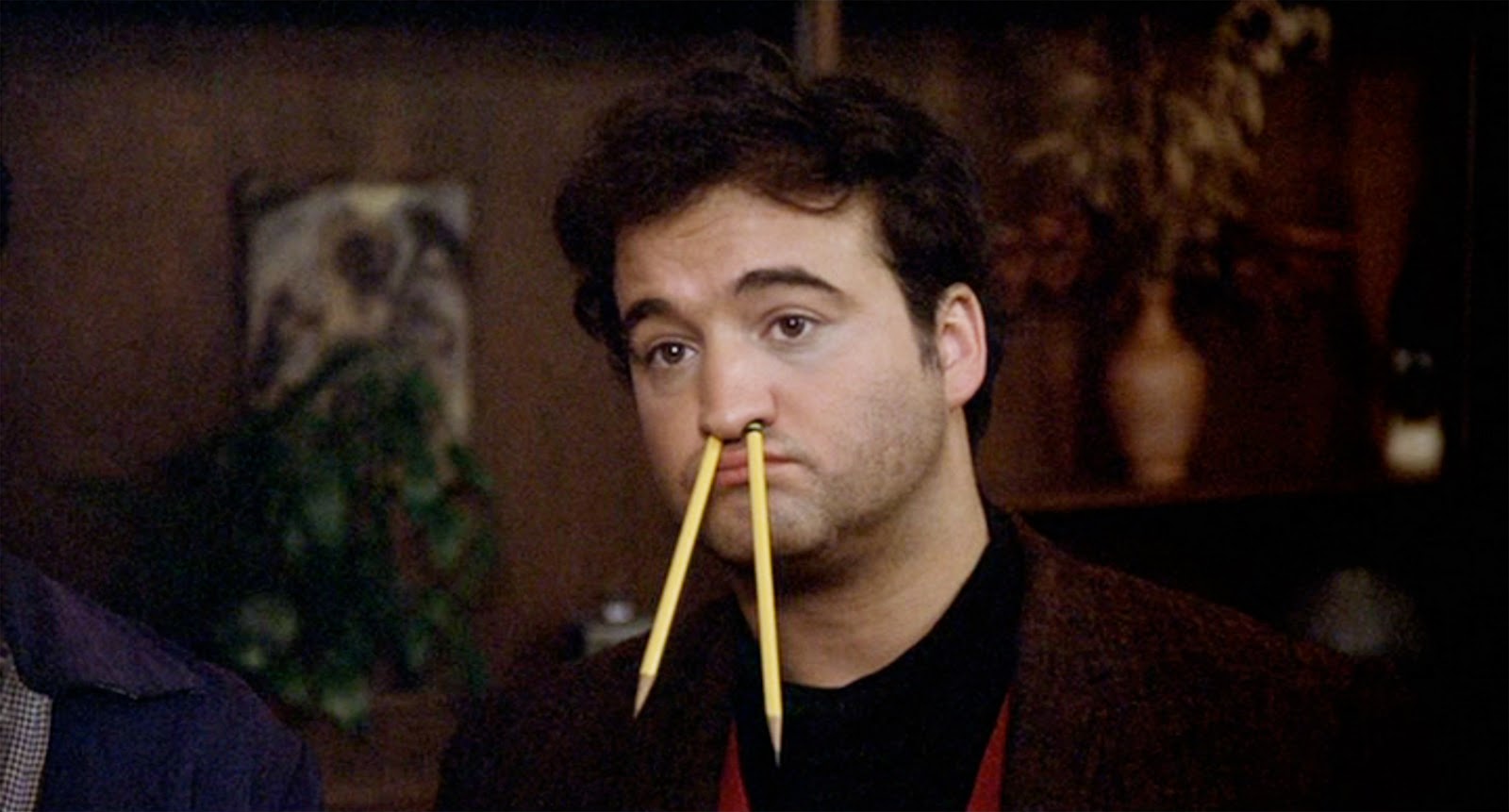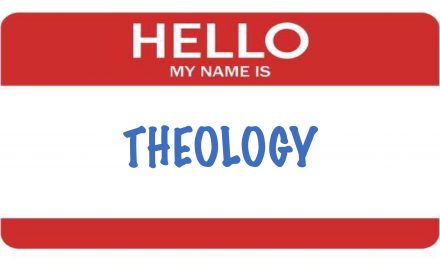Presidential hopeful and recent Catholic convert Newt Gingrich has once again made headlines with controversial statements concerning poverty and child labor laws. NY Times Columnist Charles Blow recounts:
On Thursday, at a campaign stop in Iowa, the former House speaker said, “Start with the following two facts: Really poor children in really poor neighborhoods have no habits of working and have nobody around them who works. So they literally have no habit of showing up on Monday. They have no habit of staying all day. They have no habit of ‘I do this and you give me cash’ unless it’s illegal.”
As Blow points out, Newt’s statements are not only inaccurate they are offensive.
This statement isn’t only cruel and, broadly speaking, incorrect, it’s mind-numbingly tone-deaf at a time when poverty is rising in this country. He comes across as a callous Dickensian character in his attitude toward America’s most vulnerable — our poor children. This is the kind of statement that shines light on the soul of a man and shows how dark it is.
Gingrich wants to start with the facts? O.K.
First, as I’ve pointed out before, three out of four poor working-aged adults — ages 18 to 64 — work. Half of them have full-time jobs and a quarter work part time.
Gingrich’s statements have received much media attention and criticism. (for examples see: The Root, the Washington Post, and even the UK Daily Mail). The factual inaccuracy of his quips have been soundly reported. His assumptions about the poor and work are based upon prejudicial misconceptions about the poor and laziness. In addition, his statements demonstrate a dangerous twisting of Christian ethical theory and that is what I’d like to focus on for a moment.
Lurking in the back of Gingrich’s offensive statements is virtue ethics. Virtue ethics at its core is fairly simple – I can acquire moral virtue through practices and developing a habit and through time, that practice becomes second nature. At that point, once that habit has become second nature – I can be said to have the virtue and by extension to be “that type of person.” For example – if I generally tell the truth, I am practicing honesty. While at first, this may be difficult at times (as being truthful in awkward or painful situations can be a challenge) however the more honest I am, the easier telling the truth becomes. Eventually, I will acquire a habit that is second nature – and at that point I have the virtue of honesty and can be said to be an honest person. We all have experience of recognizing virtue (or vice) in ourselves and those around us. It is because we have a sense of virtue that we can conversely recognize when someone does something out of character. Now, honesty is an easy but not trivial example. But the same corresponds to the claims Newt desires to make about work – his claim is that child labor laws are preventing poor children from developing the virtue of hard work.
Now, what is particularly dangerous about Gingrich’s statement is that it assumes 1. that the “really poor” do not work and thus 2. really poor children do not have any examples of hard work paying off unless its illegal. Behind this is the assumption that if the “really poor” did in fact work – then they wouldn’t be “really poor.” Gingrich’s inaccurate, simplistic and prejudicial assumptions about poverty itself masks and draws attention away from the bigger social questions – such as the social structures that perpetuate and sustain “poverty traps.” While we cannot accurately and justly assume that poor children have no models of hard work (unless it is illegal), we also must ask why it is and what the effects of that many poor children see models of extremely hard work but that hard work does not lead to just compensation/wages or a path out of poverty. As Economic Justice for All notes:
Too many women and minorities are locked into jobs with low pay, poor working conditions and little opportunity for career advancement. So long as we tolerate a situation in which people can work full time and still be below the poverty line—a situation common among those earning the minimum wage—too many will continue to be counted among the “working poor.” (199)
On the flip side – by equating wealth with ‘hard work,’ he makes sweeping and inaccurate assumptions about wealth providing “models of hard work,” for children. Where is the evidence that children of wealth develop habits of hard work as opposed to habits of entitlement and luxury?
Now, obviously there will be exceptions on both sides – however once again, there is a strong but inaccurate desire to connect wealth with “deserving it” (and the next step – holiness). It is inaccurate, offensive and perpetuates stereotypes about poverty. And we must, once again, take heed from Economic Justice For All and hold those seeking elected office to a higher standard.
The quality of the national discussion about our economic future will affect the poor most of all, in this country and throughout the world. The life and dignity of millions of men, women, and children hang in the balance. Decisions must be judged in light of what they do for the poor, what they do to the poor and what they enable the poor to do for themselves. The fundamental moral criterion for all economic decisions, policies, and institutions is this: They must be at the service of all people, especially the poor.




Meghan,
This is an excellent post. One of your best points is your argument against Gingrich is that he assumes not only that poor persons are poor because they have the wrong habits (i.e., vices) but also that wealthy persons are wealthy because they have the right habits (i.e., virtues).
In addition to these insights, I think it is also important to name the values that Gingrich espouses as bourgeois virtues. This is to say, his virtue ethics is destructive not merely because he paints poor children as vicious by means of condescending, “through no fault of their own” rhetoric, but also because he assumes that virtue is of purely instrumental value in relation to the greater end of becoming a “productive” member of economic society. Newt is a utilitarian virtue ethicist through and through, which is to say that he implicitly subordinates human moral development and human dignity to the maintenance of the economic order.
Great! If anyone is interested in seeing how wrong Mr. Gingrich is, a great resource is the ZIPskinny website, which offers data and comparisons on US ZIP code areas. I went and found the most down-and-out neighborhood I could find in Chicago: turned out to be 60624, on the West Side by Garfield Park. 37.6% of households are below the poverty line. And “no one works”? Au contraire, the unemployment rate is 11.7%. Not good, for sure, but it sure makes his analysis look foolish.
http://zipskinny.com/index.php?zip=60624
Nice analysis of Gingrich’s slipshod observations.
I wonder if the market-based remedy that the Right could offer, while respecting the dignity of the working poor, would go something like this:
1) The working poor are often employed in part-time jobs because of a lack of full-time jobs. Their economic situation is not a reflection of a poor work ethic. On the contrary, low-level people work back-breaking jobs and are scrutinized in ways white collar people cannot fathom (ie: duration of bathroom breaks). Even worse, full-timers who work over 40 hours qualify for overtime, while someone who works 50 hours via two part-time jobs does not.
2) Many part-time positions actually reflect full-time needs. (eg: Walmart needs plenty of cashiers, so why can’t they offer 40 hrs of work?)
3) Businesses are able to keep low-level positions in part-time status because the labor market is unnaturally and unfairly flooded with teens below the age of majority. Were teens unavailable except in the summer, businesses would be forced to elevate their part-time workforce to full-time status to fill the teens’ vacancy. Moreover, teens depress wages because they have no real expenses in the adult sense (eg: live at home and work to save for college or for fun money). In effect, teens unfairly underbid adults who have real world expenses.
It seems to me that if we view teens as something less than full citizens (can’t vote, contracts are voidable, can’t drink, etc.), it follows that they have less standing in the workplace. (I know, from a teen perspective this is unfair; I admit it is a trade-off, but maintain it is a rational one.) The Right should reform labor laws to reduce the supply of teen labor in the workforce so that adults can compete fairly with one another, as the marketplace intends. This would be a victory for the working poor.
Thanks for your comments.
Curt – the problem particularly with the comment on teens – is that many teens are working poor. While among more privileged communities teens are working for themselves and for more luxury items, the reality is that many teens are working to contribute to the household, to pay for school, etc. I would have to see statistics – but I doubt the the teen population is really accounting for the lack fo full time employment and depressed wages in the way you indicate. Especially with unemployment where it is – it is wrong to assume teens make up the majority of the part-time workforce…again, I’d have to see the data indicating that.
However, you make 2 very good points about fulltime work being treated as part time – esp by corporations like walmart